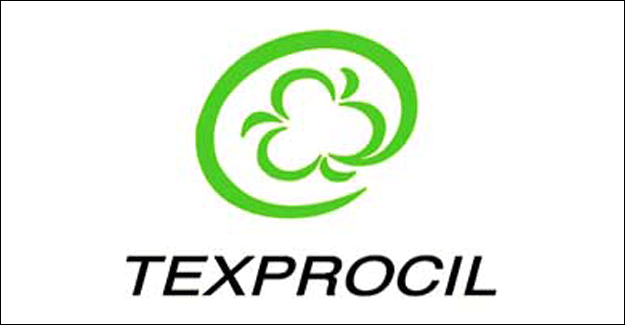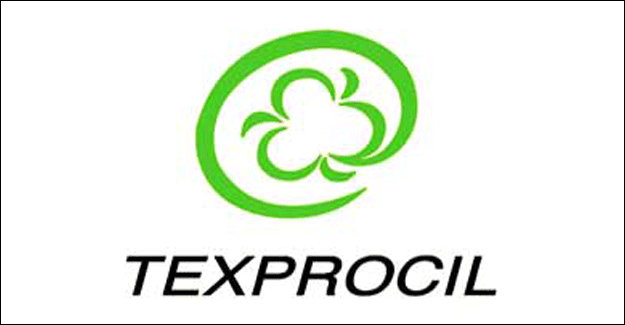
Texprocil Buoyant With Govt’s Proactive Steps To Boost Textile Exports
The Finance Minister Piyush Goyal and the Textile Minister Smriti Zubin Irani held a meeting with Texprocil and other Textile Export Promotion Councils and Associations recently to discuss issues relating to matters of taxation and promotional schemes affecting textile exports. In a statement, Ujwal R Lahoti, Chairman, Texprocil expressed his sincere gratitude to the ministers of finance and textiles for having patiently listened to the issues which are impacting exports of cotton textiles from India.
Lahoti pointed out in the meeting that even though the exports of cotton textiles have shown an increase of 7% during the previous financial year 2017-18 and reached USD 11 billion, it has the potential to reach USD 20 Billion in the next 5 years. This can happen, if the Government were to support the sector with a few policy measures like refund of embedded taxes (which has also been recognised by the Economic Survey for the year 2017-18), extending the innovative Refund of State Levies (ROSL) scheme which refunds state levies like VAT on fuel used in transportation (raw materials, finished goods and factory workers) and generation of captive power, Mandi tax, Duty on electricity, Stamp duties on export documents etc. and expedite the refund of pending GST and IGST claims and ROSL of the exporters.
Lahoti thanked the ministers of finance and textiles for agreeing to clear the dues arising out of ROSL refunds in 15 days by providing necessary funds, authorising the Pillai Committee on Duty Drawback to examine issues of embedded taxes for all textile products and reviewing ROSL rates for Made-ups, issuing instructions for including yarn and fabrics under the scheme, look at alternate Export Promotion schemes in consultation with the ministry of Commerce and also ensure that all pending claims under GST and IGST are refunded within a period of next 15-20 days.
Lahoti pointed out that as India was blessed with the entire textile value chain, a holistic and integrated approach needs to be adopted so that all the segments in the value chain like yarn, fabrics, made-ups get the benefit of the tax and incentive benefits. By ensuring an integrated approach, India can increase its share in world trade in cotton textiles from the present 10% to 15% in the next five years. This will in turn spur higher investments and employment generation, he added.
Lahoti thanked the ministers of Finance and Textiles for their pro-active steps in resolving issues affecting the exports of cotton textiles.

Textile Excellence
If you wish to Subscribe to Textile Excellence Print Edition, kindly fill in the below form and we shall get back to you with details.












